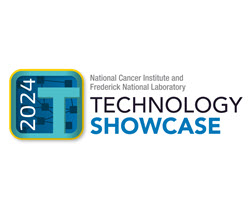 In the rapidly evolving world of life sciences, the real estate sector is experiencing significant shifts and opportunities. JLL’s latest report, U.S. Life Sciences Property Report, explores the dynamics of leasing, occupancy rates and market conditions.
In the rapidly evolving world of life sciences, the real estate sector is experiencing significant shifts and opportunities. JLL’s latest report, U.S. Life Sciences Property Report, explores the dynamics of leasing, occupancy rates and market conditions.
To learn more about the life sciences market in Washington, D.C., we sat down with local experts, JLL Research Manager Kate Paine and Executive Managing Director Pete Briskman to delve deeper into these trends and gain valuable insights.
In the D.C. market, how have lease terms in the life sciences sector changed over time and what factors have influenced these changes?
Mirroring national leasing trends, lease terms in the D.C. market are shortening, especially among new leases and relocations. The average lease term for new leases (non-renewals) has fallen to just over five years, down from nearly 10 years in 2022. Shortening of lease term is a response to supply outpacing demand, which is giving the leverage back to tenants and allowing startups and pre-revenue tenants to negotiate for shorter terms. A key contributor to shortening lease terms over the past few years is the influx of spec suites that have delivered to the market, which are designed to be flexible space options for early-stage companies.

 Chicago, May 2024 — miRecule, a cutting-edge startup focused on developing antibody RNA conjugate therapeutics, clinched the top spot at the prestigious MedCity INVEST Biopharma track competition held at the Ritz Carlton in Chicago. The event, presented by MedCity News and the Mid-America Healthcare Investors Network (MHIN), brought together active investors and promising entrepreneurs from the healthcare industry.
Chicago, May 2024 — miRecule, a cutting-edge startup focused on developing antibody RNA conjugate therapeutics, clinched the top spot at the prestigious MedCity INVEST Biopharma track competition held at the Ritz Carlton in Chicago. The event, presented by MedCity News and the Mid-America Healthcare Investors Network (MHIN), brought together active investors and promising entrepreneurs from the healthcare industry.







